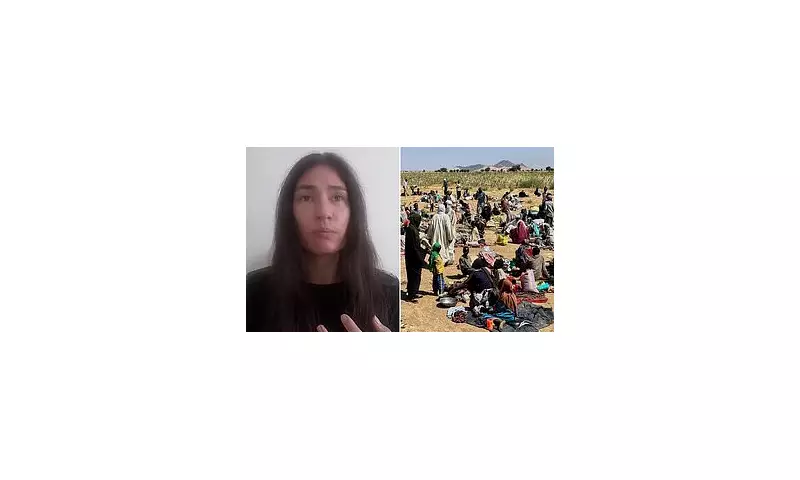
In the shadow of a forgotten war, Sudan is descending into one of the world's most severe humanitarian catastrophes, with frontline aid workers describing scenes of unimaginable horror as civilians flee mass starvation and systematic slaughter.
A Nation on the Brink
After eighteen months of brutal civil conflict between the Sudanese Armed Forces and the Rapid Support Forces, the country's infrastructure has completely collapsed. What began as political power struggle has evolved into a full-scale humanitarian nightmare affecting millions of innocent civilians.
The Human Cost: Voices from the Frontline
"People are making impossible choices every day," reveals one aid worker who recently returned from the region. "Do they risk being killed by bullets or slowly starve to death? Do they stay in their homes where violence finds them, or embark on dangerous journeys through conflict zones with no guarantee of safety?"
The statistics paint a devastating picture: over 12,000 people killed, more than 7 million displaced from their homes, and approximately 25 million Sudanese - half the population - requiring urgent humanitarian assistance to survive.
Children Bearing the Brunt
Perhaps most heartbreaking is the impact on Sudan's youngest citizens. Aid organisations report that 4 million children are now severely malnourished, with many facing permanent physical and cognitive damage even if they survive.
"We're seeing children who haven't eaten properly for months," another relief worker shared. "Their bodies are consuming themselves. The blank stares of starving children will haunt me forever."
Systematic Violence and Collapsing Healthcare
The crisis extends beyond hunger. Reports indicate systematic violence against civilians, including sexual violence as a weapon of war. Meanwhile, the healthcare system has virtually ceased to function, with 80% of hospitals no longer operational and remaining facilities critically short of supplies.
The International Response: Too Little, Too Late?
Despite the scale of the catastrophe, international attention and funding remain woefully inadequate. Humanitarian organisations are operating at a fraction of their required capacity, while diplomatic efforts to secure ceasefires have repeatedly failed.
As one veteran aid worker concluded: "This isn't just a crisis - it's a complete unravelling of a society. The world cannot claim it didn't know what was happening here."





